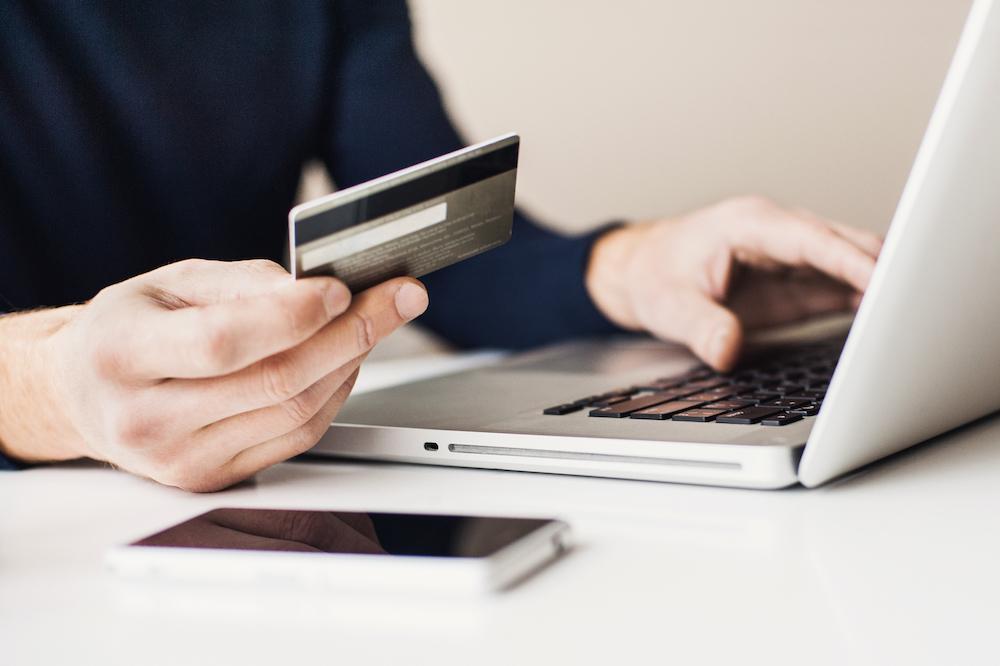When shopping online, you’re given many choices when it comes to making payments for the product. One option is “Buy Now Pay Later” (BNPL), a payment scheme that is currently in vogue for medium to large purchases.
What Is BNPL
When making large purchases, consumers are often given the option to pay for the merchandise in installments. Touted as an easy way to make a large purchase, BNPL is not the same as a credit card. BNPL is, in essence, a short-term loan.The hook is that you usually won’t be paying interest on the installments. But there may be a flat fee, and the term for the total payback is short.






